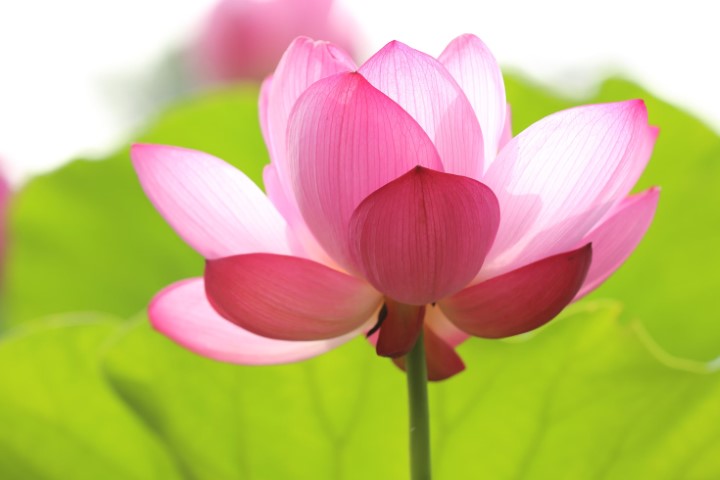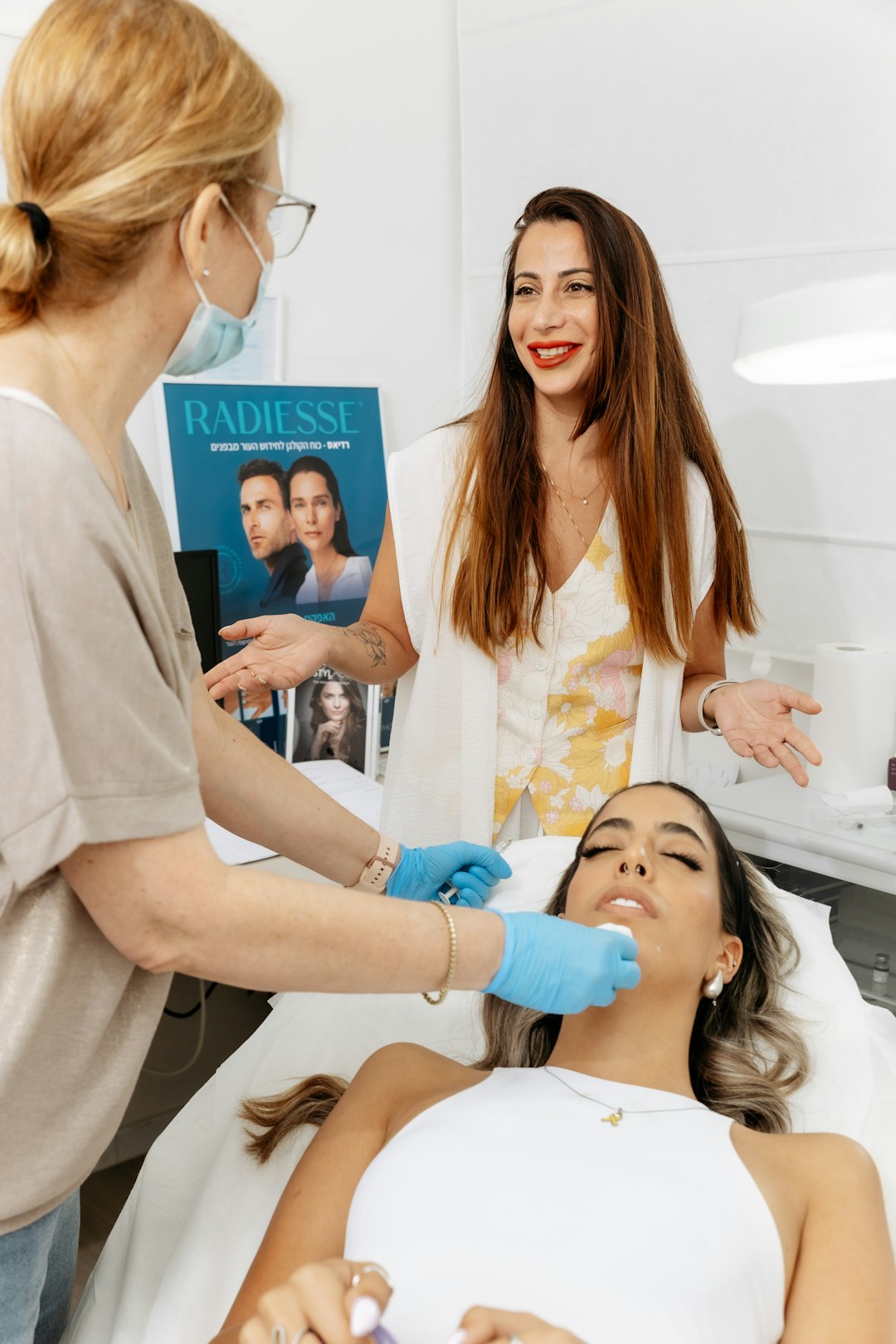The truth about organic beauty products: are they worth it?
In recent years, there has been a growing interest in organic beauty products. People are becoming more conscious of what they put on their skin, looking for natural alternatives to synthetic chemicals. But are organic beauty products really worth the hype? In this blog post, we will explore the truth behind organic beauty products and help you make an informed decision.
Firstly, what exactly does “organic” mean in the context of beauty products? Organic beauty products are made from plant-based ingredients that have been grown without the use of pesticides, synthetic fertilizers, or genetic modification. They are often perceived as being more gentle and safer for the skin due to their natural origins. They claim to provide similar or better results than their conventional counterparts without any potential harm.
One of the main advantages of organic beauty products is the absence of harmful chemicals. Traditional beauty products often contain ingredients like parabens, phthalates, and sulfates, which have been linked to various health concerns including hormonal disruption and skin irritation. By using organic beauty products, you are minimizing your exposure to these potentially harmful substances.
However, it is important to note that just because a product is labeled “organic” does not mean it is completely free of all synthetic ingredients. The beauty industry is largely unregulated, and companies can claim their products are organic even if they only contain a small percentage of organic ingredients. It is crucial to read the ingredient list carefully and do your research before purchasing a product that claims to be organic.
Another aspect to consider is the effectiveness of organic beauty products. It is often believed that natural ingredients are less potent than synthetic ones. However, this is not necessarily true. Many organic beauty brands invest in research and development to create products that are just as effective, if not more, than their conventional counterparts. Natural ingredients such as aloe vera, shea butter, and jojoba oil have been used for centuries in skincare due to their nourishing and healing properties.
Moreover, organic farming methods promote biodiversity and sustainability. Conventional agriculture relies heavily on synthetic pesticides and fertilizers that not only harm the environment but also contribute to the decline of pollinators like bees. By choosing organic beauty products, you are supporting a more sustainable and eco-friendly industry. Additionally, many organic beauty brands use recyclable or biodegradable packaging, reducing their carbon footprint.
However, it is essential to remember that organic beauty products can come with a higher price tag. The cost of sourcing organic ingredients, maintaining organic certifications, and conducting additional research and testing can increase the price of these products. This can make them less accessible for some consumers. It is worth considering your budget and priorities when deciding whether to invest in organic beauty products.
In conclusion, the truth about organic beauty products is that they can indeed be worth it. They offer a safer alternative to conventional beauty products by minimizing exposure to potentially harmful chemicals. Organic beauty products can be equally effective, if not more, due to the beneficial properties of natural ingredients. They also promote sustainable and eco-friendly practices, contributing to a healthier planet. However, it is essential to be mindful of misleading marketing claims and always read the ingredient list before purchasing. Ultimately, the decision to use organic beauty products is a personal one based on your values, priorities, and budget.








